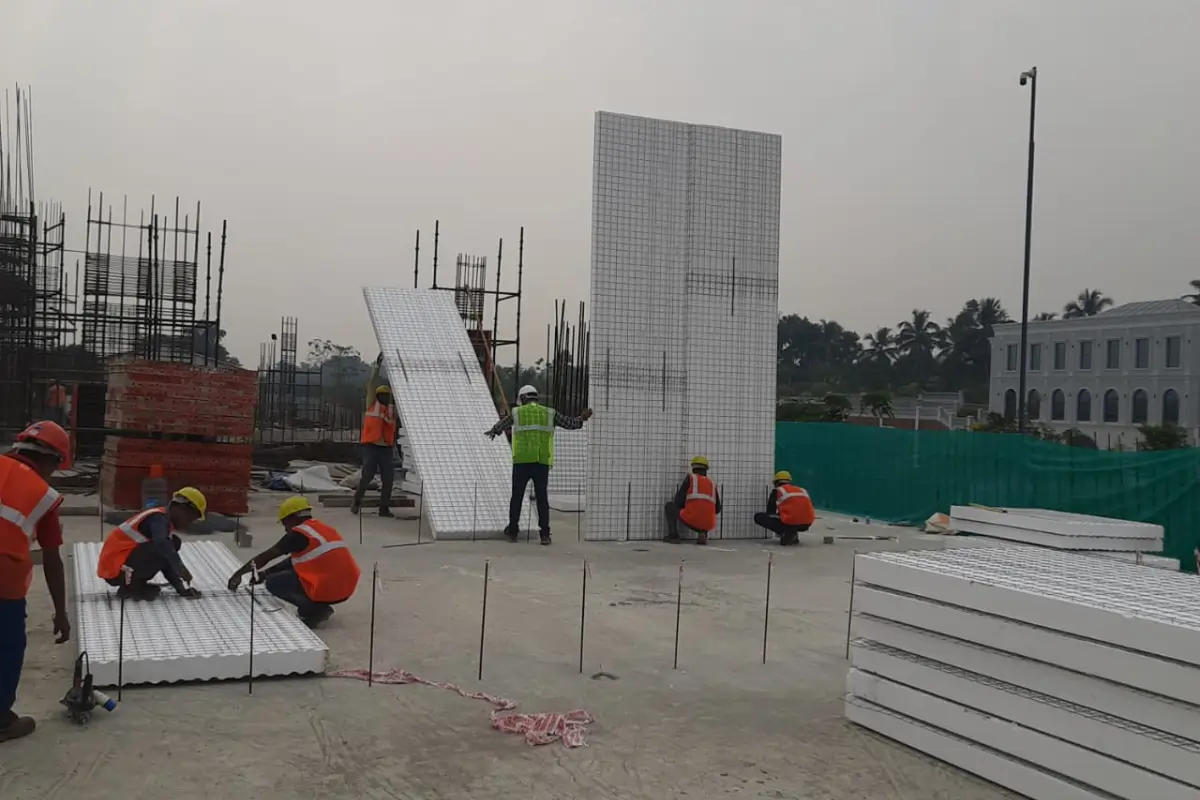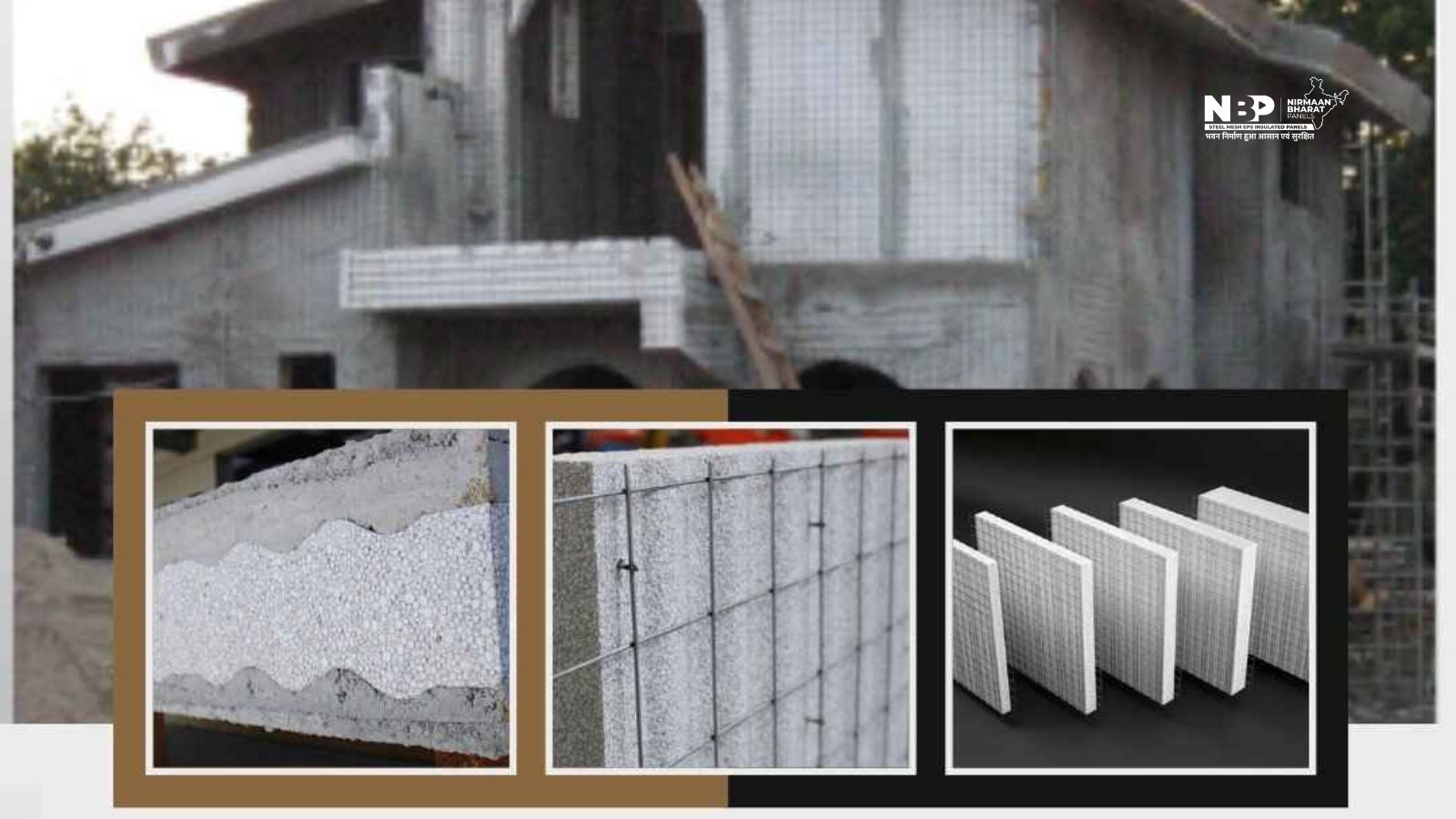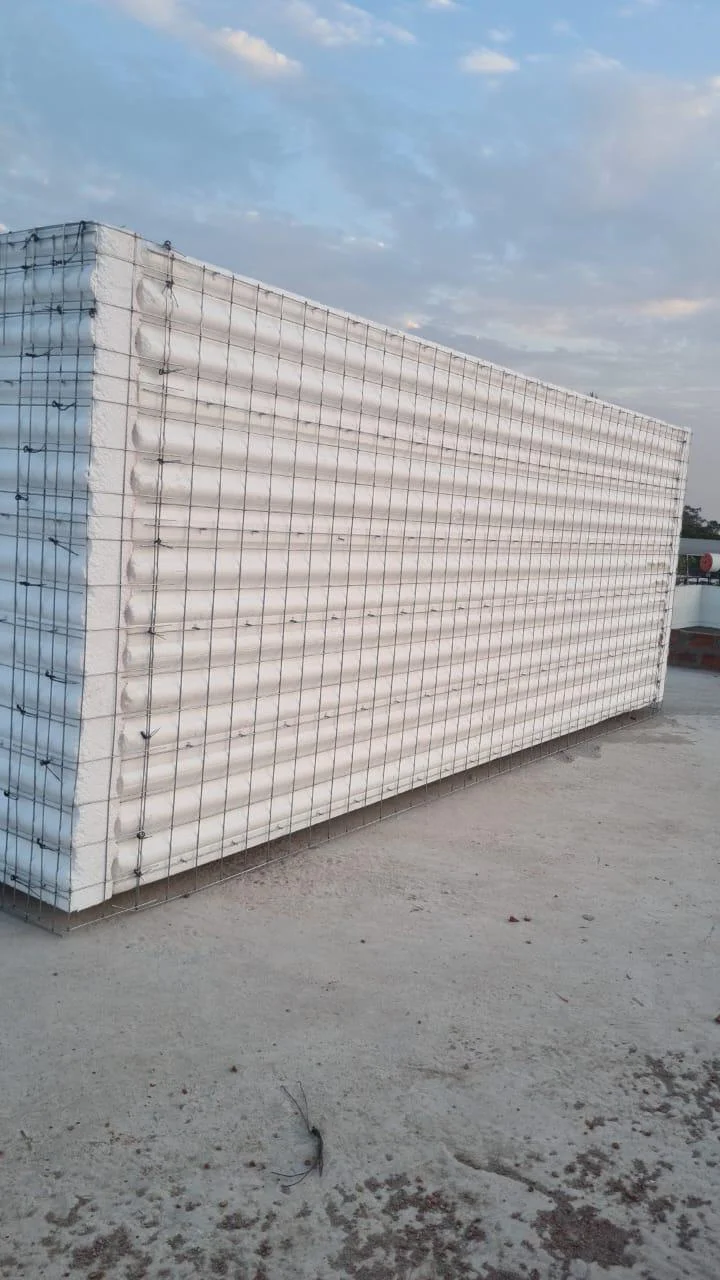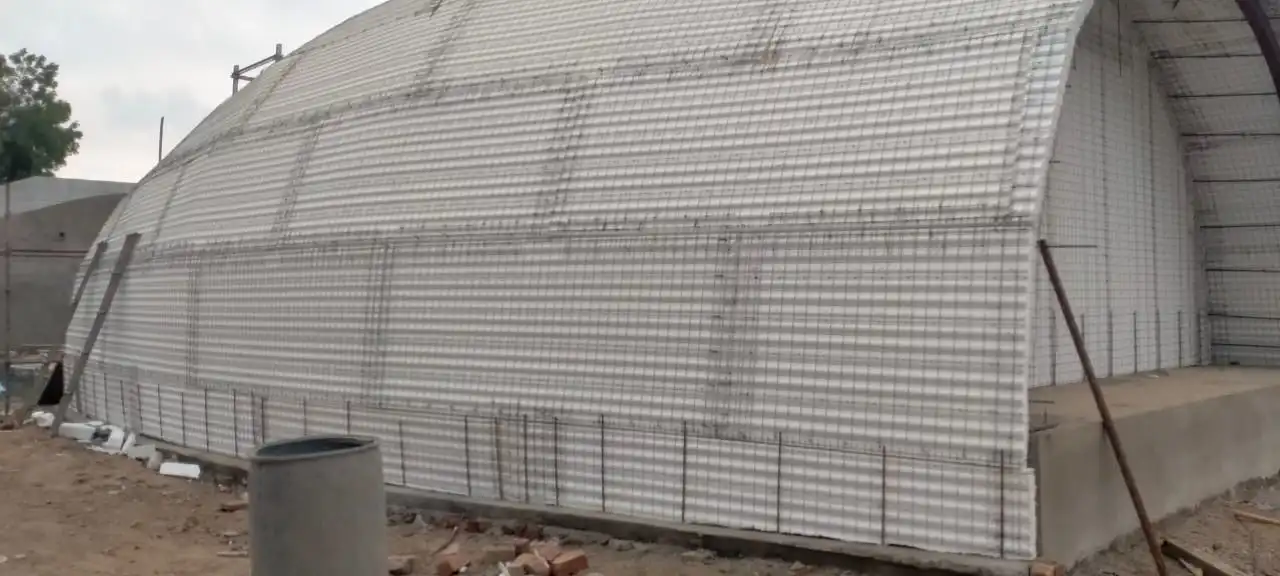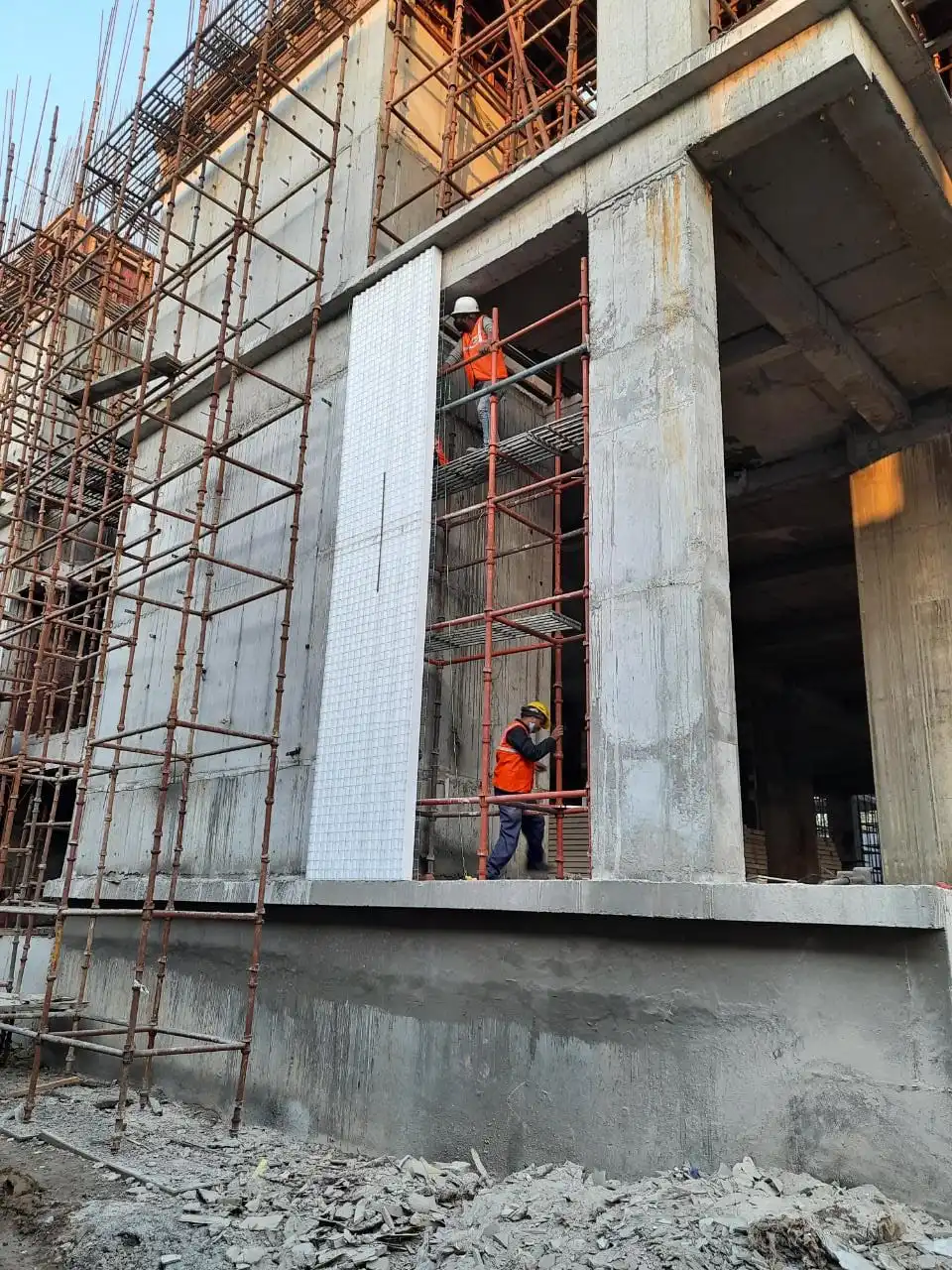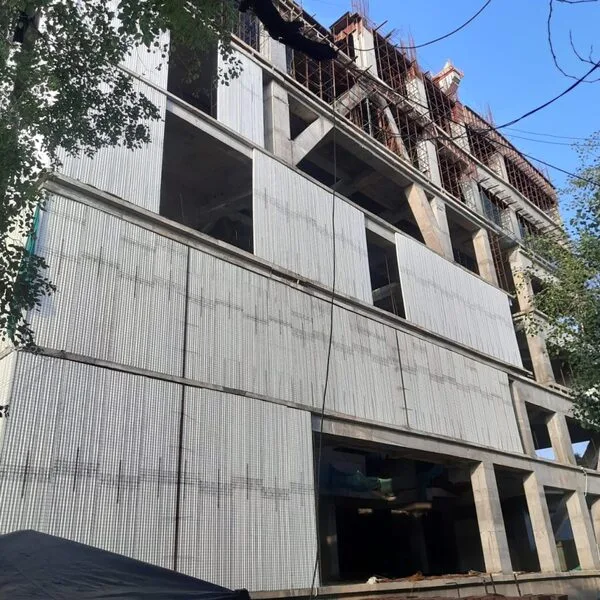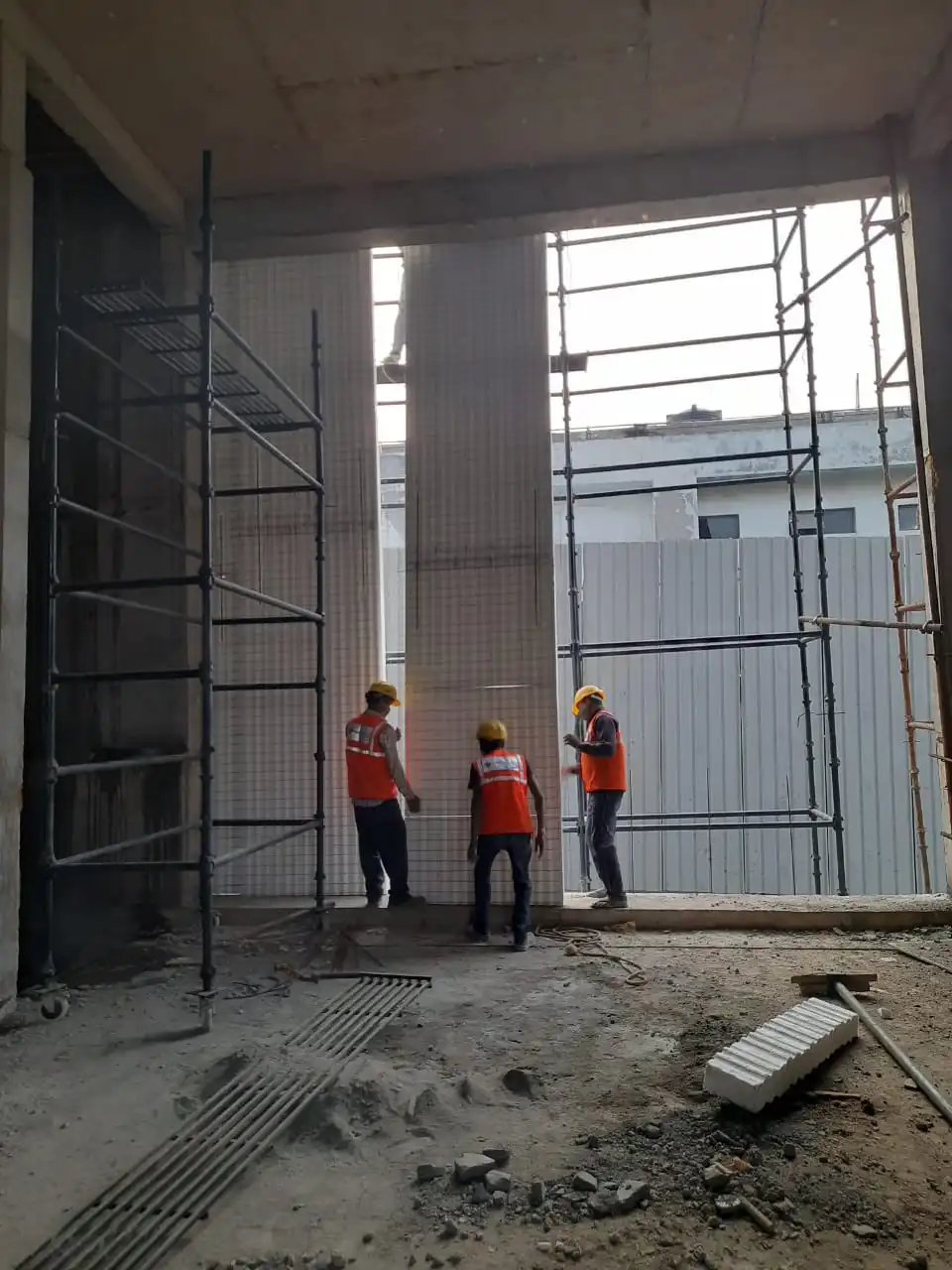EPS (Expanded Polystyrene) panel construction stands at the forefront of modern building practices, offering innovative solutions that revolutionize the construction industry. Here’s a glimpse into how EPS panel construction is reshaping the way buildings are designed, constructed, and maintained.
Table of Contents
ToggleEnergy Efficiency and Insulation
EPS panel construction boasts exceptional energy efficiency and insulation properties. The expanded polystyrene foam core provides superior thermal insulation, helping regulate indoor temperatures and reduce energy consumption for heating and cooling. This results in lower utility bills and a reduced carbon footprint, making EPS panel construction an environmentally sustainable choice for building owners.
Rapid Construction Timelines
One of the most significant advantages of EPS panel construction is its ability to expedite construction timelines. Prefabricated EPS panels are manufactured off-site under controlled conditions, allowing for precise customization and quality control. Once on-site, the panels can be swiftly assembled, significantly reducing construction time and labor costs. This accelerated construction process minimizes disruptions to surrounding areas and allows for quicker occupancy of the building.
Structural Integrity and Durability
Despite their lightweight nature, EPS panels offer excellent structural integrity and durability. The reinforced outer layers provide strength and stability, ensuring that buildings constructed with EPS panels withstand various environmental conditions and external forces. Additionally, EPS panels are resistant to pests, moisture, and mold, contributing to the longevity and reliability of the structures.
Versatility in Design
EPS panel construction offers architects and builders a high degree of versatility in design and application. These panels can be customized to accommodate various architectural styles, building configurations, and aesthetic preferences. Whether used in residential, commercial, or industrial projects, EPS panels provide flexibility and adaptability to meet the unique requirements of each construction endeavor.
Environmental Sustainability
EPS panel construction promotes environmental sustainability by minimizing waste and reducing environmental impact. The manufacturing process of EPS panels consumes less energy and generates fewer greenhouse gas emissions compared to traditional building materials. Additionally, the energy-efficient properties of buildings constructed with EPS panels contribute to reducing carbon emissions and mitigating climate change.
In conclusion, EPS panel construction represents a paradigm shift in modern building practices, offering energy-efficient, cost-effective, and environmentally sustainable solutions for construction projects of all scales. As the construction industry continues to evolve, EPS panel construction will play a pivotal role in shaping the future of building design, construction methods, and sustainability practices.


